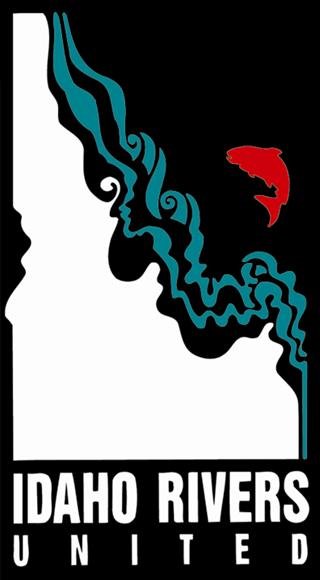Call to Action: Biden Administration is Requesting Comments on Salmon Recovery
A Chinook salmon in the South Fork of the Salmon River. Photo credit: Matt Steinwurtzel
The Council on Environmental Quality (CEQ), a division within the federal government, opened a 60-day “request for information” period earlier this month on federal actions related to salmon recovery in the Columbia Basin and Lower Snake River Dam (LSRD) removal. This opportunity for public comment comes during the ongoing stay in litigation between the federal government and plaintiffs including IRU surrounding endangered salmon and steelhead recovery in the Basin.
Over the course of the stay in litigation, the Biden Administration has committed to, “supporting development of a durable long-term strategy to restore salmon and other native fish populations to healthy and abundant levels, while honoring federal commitments to Tribal Nations, delivering affordable and reliable clean power, and meeting the many resilience needs of the basin’s diverse stakeholders across the region, including those that use the rivers for irrigation, transportation, water supply, and recreation.”
Meanwhile, Governor Inslee of Washington just signed off on budget bills that direct funding in order to begin planning the energy, transportation, and irrigation transitions necessary to ensure that LSRD removal, salmon recovery, a clean energy grid, and strong agriculture will be a reality in the Northwest. Washington has taken important steps to begin transitioning away from the LSRDs, now the federal government must utilize its resources and the authority of its agencies to help the region move forward.
Salmon and LSRD removal advocates now have a key opportunity to urge the federal government to meet its commitments and take rapid steps towards replacing the services provided by the four LSRDs, paving the way for dam removal and river restoration in the near future. Snake River stocks of wild salmon and steelhead require swift, decisive action to ward off extinction and make recovery towards healthy and harvestable numbers capable of supporting communities and Tribes a reality.
Comments submitted before July 3rd will be the most impactful in influencing federal leadership during the stay in litigation, and the earlier the better! Click here to take action for wild salmon and have your voice heard!
Additionally, the federal government will be hosting a public listening session on May 25th. We expect strong messages on salmon recovery from folks across the region, in a similar vein to the two previous listening sessions in April. If you’d like to register to listen in, sign up here.


